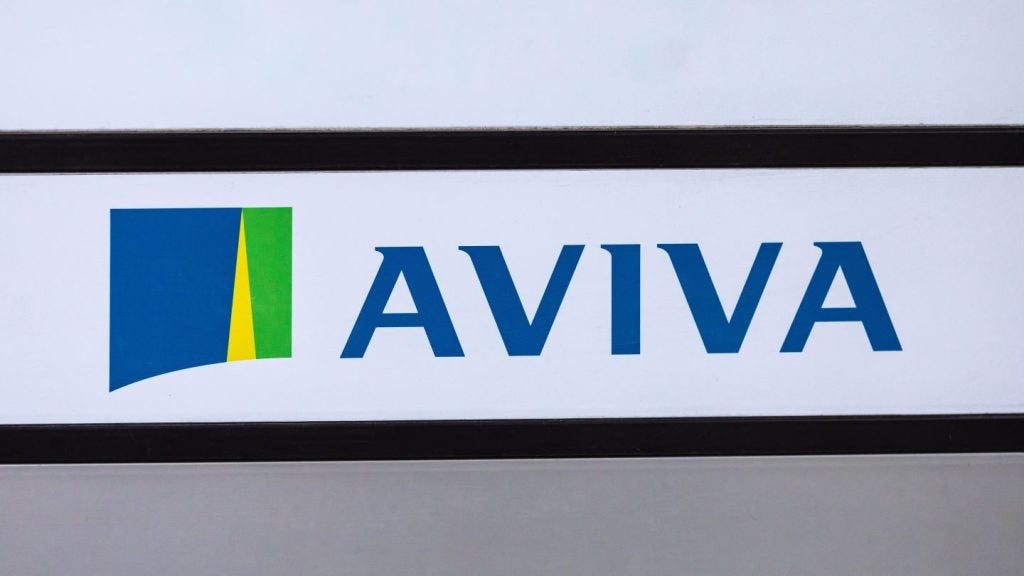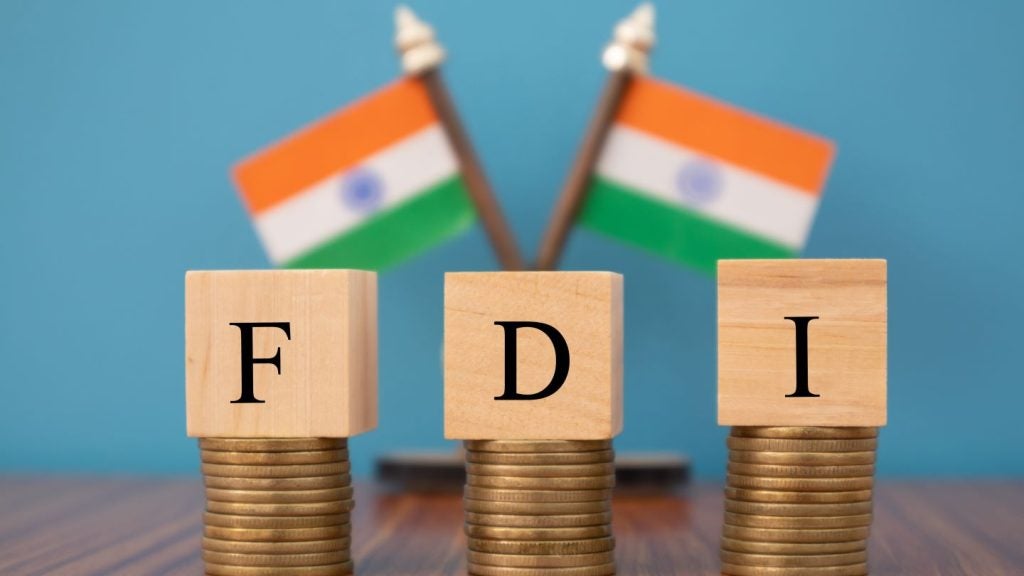The conventional path of A Levels, followed by university, is losing popularity among young people. Instead, an increasing number are opting out of further education and are choosing to enter the workforce sooner, through apprenticeships or entry-level positions.
As the insurance industry typically struggles to attract young talent, this shift in attitudes could present huge opportunity to bridge the talent gap. Thanks to the ongoing integration of innovative technologies over the years, the opportunities available in insurance today are vast. Educating young people about the emerging careers on offer will empower a new generation of insurance professionals. By doing so, leaders can help ensure the future of the sector is rich with new, dynamic perspectives.
The importance of addressing the insurance talent gap
Shockingly, only 7% of 16 to 18-year-olds in the UK view insurance as a viable career path. This is largely due to outdated assumptions and a lack of awareness about the sector’s opportunities – with 44% of millennials admitting that they don’t see a career in insurance as ‘attractive’.
In reality, the insurance industry offers a wide range of appealing career options, especially for tech-savvy professionals. The millennial and Gen Z generations have grown up in the digital era. As such, they are well-positioned with the skills needed to lead innovation in new areas of insurance that have originated through digital transformation. For example, data analytics, artificial intelligence (AI) and cybersecurity.
Considering around 26% of UK insurance workers are over the age of 50, a recruitment drive is essential to encourage more young people into the sector in the coming years. While current insurance professionals bring valuable experience and talent, they won’t be working forever. To ensure young professionals have time to learn from these leaders before they reach retirement, setting up initiatives to onboard new talent needs to be a priority.
Harnessing modern marketing tools
A key example of how technology is transforming the insurance sector is through advancements in marketing tools. In the past, traditional advertising was confined to media like print, TV and radio. However, the emergence of new, digital tools has enabled integrated marketing across multiple platforms. For example, targeted online advertisements, social media campaigns and search engine marketing.

US Tariffs are shifting - will you react or anticipate?
Don’t let policy changes catch you off guard. Stay proactive with real-time data and expert analysis.
By GlobalDataThese innovative marketing tools serve a dual purpose: they not only enhance customer outreach, but also play a crucial role in attracting new talent to the sector. For instance, platforms like LinkedIn can be leveraged to showcase company culture and job opportunities. Personalised recruitment campaigns can also be designed to appeal to specific demographics or skill sets. This modern approach to marketing helps highlight the industry’s innovative nature. It also illustrates the potential for career progression in what is now a transformative, digital-centric industry.
How technology is reshaping insurance careers
Over the last few decades, roles in the insurance industry have drastically changed. Previously, claims were reported by phone or in-person at local offices and underwriters relied heavily on physical paperwork and manual calculations. Agents and brokers also sold insurance through face-to-face meetings, with policies explained using printed brochures and documents.
While traditional roles like underwriters and product developers still exist, they now rely more heavily on technology and data analytics. The modern insurance sector demands a more diverse skill set, blending insurance knowledge and technological capabilities.
Throughout recent years, technology has changed everyday processes within the industry – improving efficiency, accuracy and the ability to offer more tailored services. This technological shift has also opened the industry up to a range of new roles. Positions have been created – such as cybersecurity experts, AI and Machine Learning engineers and Insurtech specialists – that are now crucial in driving the growth of modern insurance providers. These new roles are making the insurance industry more appealing to younger generations by showcasing the wide possibilities for career development.
The opportunity to cultivate a new generation of insurance professionals and bridge the talent gap is clear. But the responsibility lies with today’s insurance leaders to drive this change. Together, we must continue to spread the word about how technology has transformed the sector. If done successfully, we will pave the way for a transformative future and ensure that our industry continues to evolve and thrive.
Andy Brownsell is the Commercial Director at Starpeak









